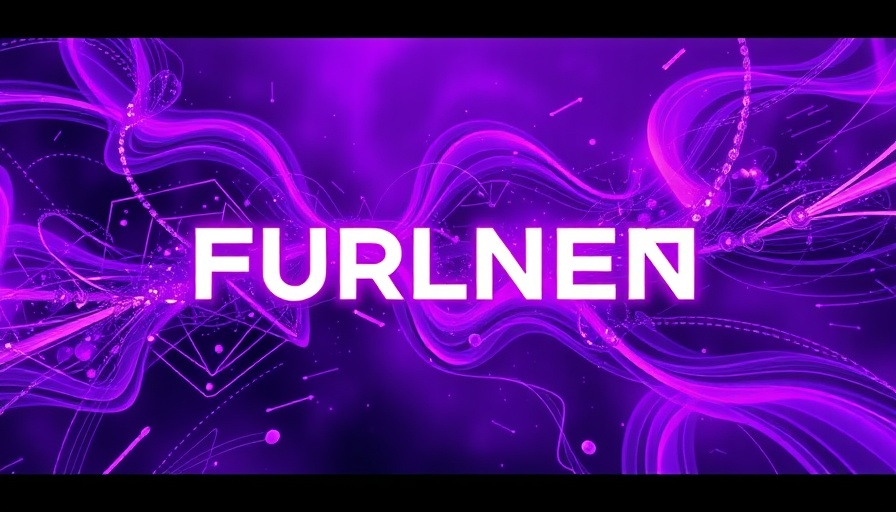
Is AI the New Boogeyman for Publishers?
As advances in technology reshape the landscape of our digital world, publishers find themselves once again in a tight spot. After spending decades adapting to the pervasive influence of the internet, the arrival of AI chatbots like ChatGPT is intensifying concerns about the future of content consumption and revenue. Research from TollBit paints a bleak picture for media companies, revealing that bot traffic is stealing the clicks that publishers rely on for advertising revenue. As publishers scramble to adapt, the implications of AI for journalism and information dissemination are profound.
Understanding the Impact of AI on Traffic
The most concerning statistic from TollBit's research is staggering: AI chatbots send a striking 96 percent less traffic to publishers compared to traditional search engines. This translates to severe losses, given that many publishers depend heavily on traffic driven by search engines to generate substantial ad revenue. With AI bots scraping content millions of times and providing summarized answers, users are less inclined to visit the original sites. Toshit Panigrahi, CEO of TollBit, emphasizes the urgency, stating that the demand for publisher content has not diminished, yet the traffic reaching those sites is dwindling.
The Ongoing Struggles of Traditional Publishers
Chegg, a notable example of a publisher facing AI's economic repercussions, has filed a lawsuit against Google. In this legal battle, Chegg claims that Google's AI Overview feature is significantly hurting its revenue by diverting traffic that would have otherwise reached its platform. The lawsuit's outcome could set a precedent for how publishers combat the economic fallout caused by AI-driven content distribution.
Are Publishers Battling a Losing Game?
While it might seem like publishers are fighting an uphill battle against AI, it is essential to consider how the industry is responding. Major players like Condé Nast and Vice are proactively forming task forces to address these transformations. Their goal is to explore possible solutions for mitigating the damage inflicted by AI chatbots. This includes advocating for compensation models that would reward publishers for their content when used by AI services.
Future Predictions: The Changing Face of Online Content
As AI technology continues to develop, the challenges for publishers may exacerbate. The NY Times suggests that Google and other major tech firms integrating sophisticated AI tools for content delivery could signal a new era for information dissemination, reminiscent of how Wikipedia has transformed access to knowledge. This shift poses serious questions about the viability of existing business models within the publishing industry.
The Urgent Need for Industry Adaptation
In light of these pressures, publishers urgently need to reassess their strategies. Organizations must innovate to attract readers in a world where AI-generated summaries are increasingly the first point of contact with information. While AI-driven services may offer convenience, they also prompt a reconsideration of how content is created, disseminated, and monetized.
For those invested in the future of journalism, understanding the role of AI in traffic demographics is crucial. Keeping abreast of evolving technologies and their implications can give publishers the tools needed to navigate this unpredictable landscape effectively.
Stay Informed and Engaged: Take Action!
As developments in AI continue to impact the publishing industry, it is critical for content creators, publishers, and consumers alike to engage with this ongoing dialogue. By staying informed and advocating for fair compensation and sustainable practices, we can help ensure a healthy and diverse media landscape.
 Add Row
Add Row  Add
Add 




 Add Row
Add Row  Add
Add 

Write A Comment